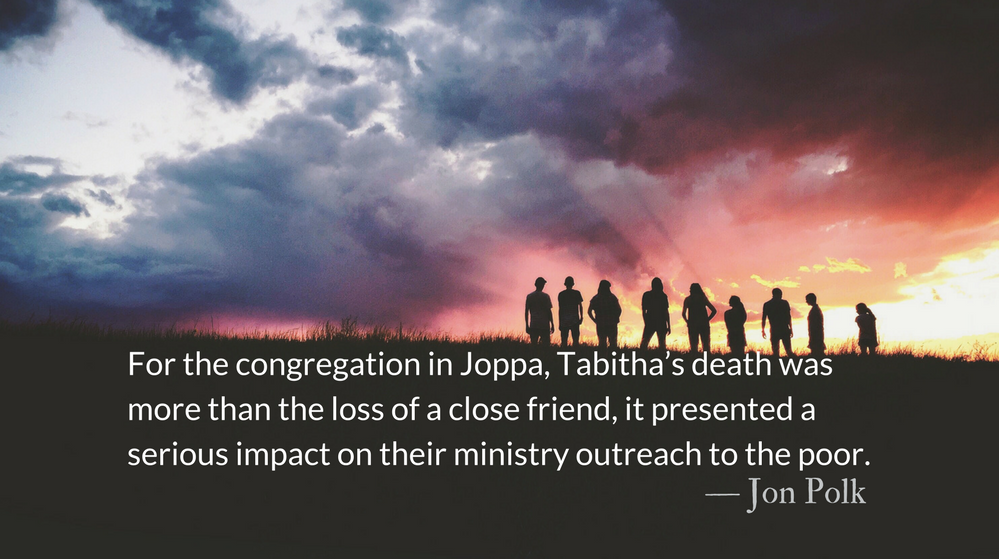Scripture: Acts 10:34-35
Then Peter began to speak: “I now realize how true it is that God does not show favoritism but accepts from every nation the one who fears him and does what is right.”
Reflection: A Mutual Conversion
By Jon Polk
Cornelius was a big deal in Caesarea. A Roman centurion stationed in the city as a member of the Italian Regiment, Cornelius and his entire family were “God-fearing” Gentiles, regularly praying to the God of the Jews. He was also known for his generosity to the poor and needy.
None of this, however, is why Cornelius is recorded in the history of the early church. Instead, he is remembered for a vision and a summons.
During the middle of the day, Cornelius was visited by an angel, who instructed him to send for Peter. Marshalling his resources, he sent two servants and a trusted soldier on the mission to persuade Peter to come visit.
Meanwhile, Peter was experiencing his own vision in which he was instructed by God to eat unclean animals. While Peter wrestled with the meaning of his vision, Cornelius’ entourage arrived and convinced him to accompany them to Caesarea.
Impressed by Cornelius’ faith, Peter began preaching to the crowd gathered in the house, opening with the words, “I realize now that God does not show favoritism, but accepts anyone who fears him.” He then recounted for those assembled the gospel story of Jesus Christ.
Peter’s opening statement indicates a change in his own understanding. As a good Jew it was unlawful for him to even associate with Gentiles. It was incomprehensible to him that uncircumcised Gentiles could become disciples of Jesus, but that’s exactly what happened. We witness a mutual conversion, both of Cornelius the Gentile and of Peter the Jew.
Scholar Beverly Gaventa writes, “The end of [verse 36, chapter 10] may be the most important line in the drama: ‘He is Lord of all’ means not only that there is no other Lord but that no one can be excluded from his Lordship.”
Through the conversion of Cornelius and company, the news of God’s impartial love for all humanity impacted Peter, but it also compels us as well. Because God shows impartial love to all kinds of people, we have a responsibility to show the same kind of love to all people. As God seeks out relationships with all people, we too are called to open ourselves to relationships outside our own social and cultural spheres.
It took the power of the Holy Spirit to bridge a relationship between Peter and Cornelius. That same Spirit empowers us in our calling to love others.
The Refrain for the Morning Lessons
Let all flesh bless his holy Name for ever and ever. — Psalm 145.22
– From The Divine Hours: Prayers for Autumn and Wintertime by Phyllis Tickle.
Full prayer available online and in print.
Today’s Readings
Ezra 10 (Listen – 6:19)
Acts 10 (Listen – 5:49)











